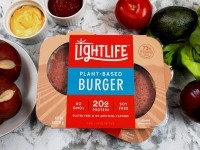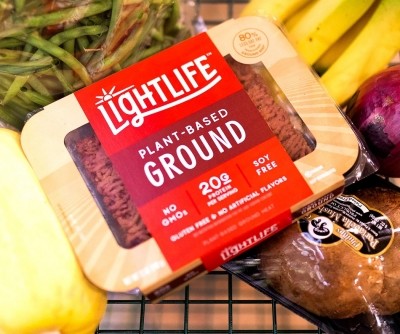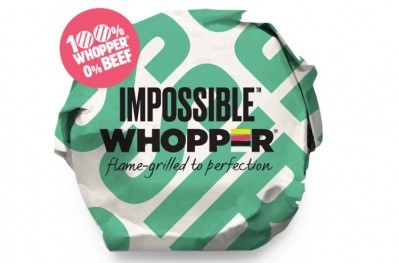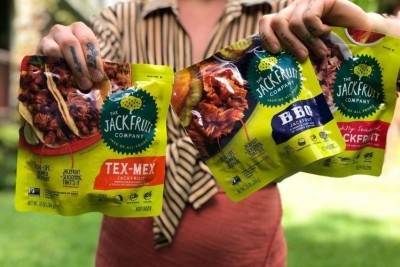Maple Leaf Foods aims to emerge as refrigerated plant-based protein leader in North America

"The market and our business has reached a point that requires scaled efficient production, which will solidify our leadership and deliver attractive returns to shareholders," said McCain on a call with shareholders earlier this week.
"This investment is an essential part of our strategy to increase profitability and competitiveness. It will establish an efficient supply chain that is unrivaled in this space."
In 2017, Maple Leaf acquired Lightlife (which had a 38% share of the US refrigerated plant-based protein category in 2017) and Field Roast for $140 and $120m, respectively.
"Together they provided Maple Leaf with a very strong foothold in this plant-based protein market with the No. 1 and No. 2 brands in the refrigerated segment, which is where the majority of the growth is," said McCain.
"Our plant-based protein operations have consistently outperformed our expectations bolstered by the refrigerated section’s double digit growth rates and continuous innovation in the category."
The company established a new identity for its plant-based portfolio of brands last year, called Greenleaf Foods.
Along with constructing a new production facility in Shelbyville, Indiana, Maple Leaf is investing an additional $26m in its two existing facilities located in Massachusetts and Washington state to increase capacity and efficiency.
"Plant-based protein started as a niche market supported by an industry supply chain of small scale and high cost manufacturing facilities," said McCain.
"Our expanded network will double our current capacity with low cost manufacturing to meet the rising demand for plant-based protein for many years to come."
Refrigerated plant-based protein focus
Maple Leaf's entire portfolio of products lies within the refrigerated plant-based category, which comprises 24% of the entire plant-based protein market, which grew by 40% in dollar sales last year, according to the company.
"This segment has surged since we entered the space. We fully expect this is where the majority of growth will reside in the future. North American consumers are seeking more protein and they’re seeking more protein in their diets, yet household penetration levels are less than 6% compared to 98% penetration of animal protein," said McCain, adding that since 2014 there have been 140 new plant-based protein product launches.
"Plant-based protein is on the cusp of becoming mainstream with incredible growth opportunity."
We’re getting lots of buzz from foodservice operators throughout North America
Maple Leaf has its eye on the sub-category of burgers (which makes up 21% of the plant-based alternative meat segment) and will continue to innovate in this space. Earlier this year, the company launched its new Lightlife refrigerated plant-based burger made from pea protein, coconut oil, and beet powder, and free from soy, gluten, GMO ingredients.
"It’s a breakthrough that we think is the best of the best in the plant-based burger segment of the market," McCain said.
"We’re getting lots of buzz from foodservice operators throughout North America. We just launched in retail a few weeks ago where we're getting a lot of buzz, but it’s still very early days."
To support its R&D efforts, McCain added that 30% of the Indiana production facility will be dedicated to product innovation once the 57-acre site becomes fully operational in Q4 2021, employing approximately 460 new people.

















